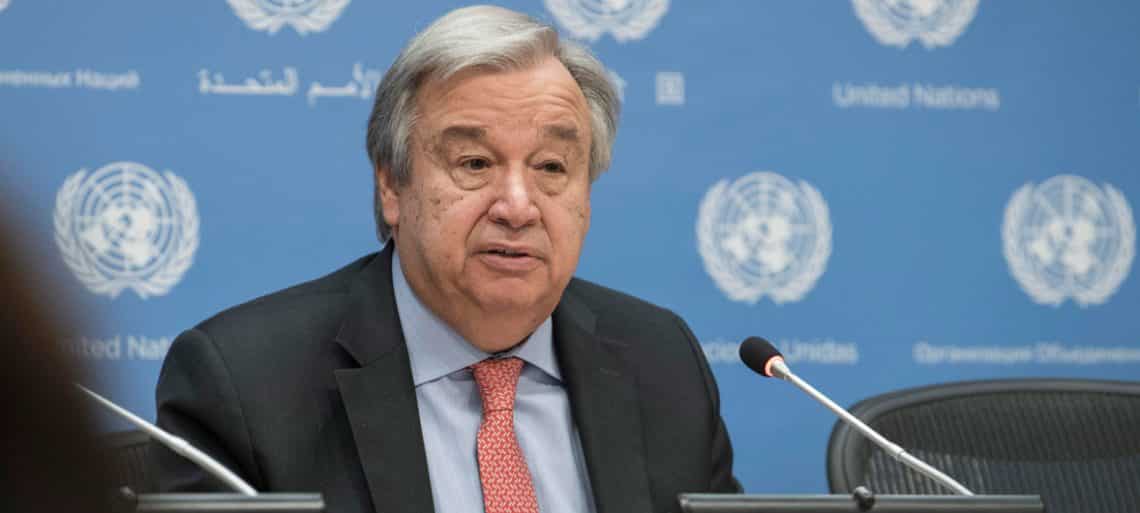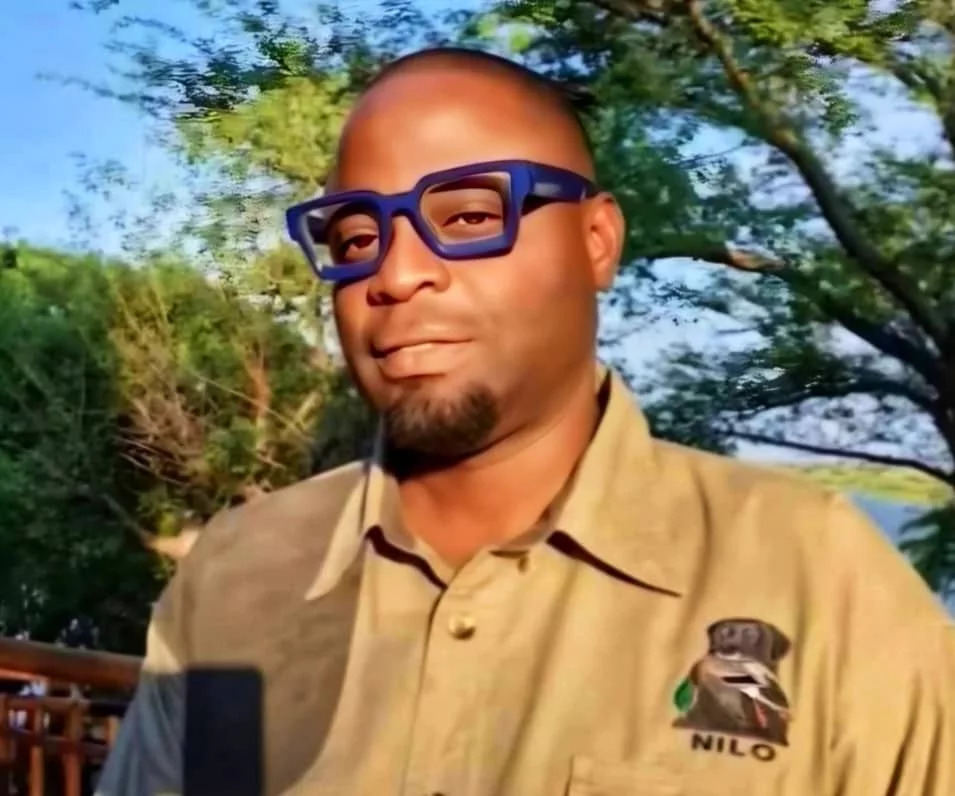By Zimbabwe Environmental Law Association
The Zimbabwe Environmental Law Association (ZELA) joins several countries around the globe in commemorating the World Environment Day. As a public interest environmental law organization seeking to promote environmental justice, sustainable and equitable use of natural resources, democracy and good governance in the natural resources and environment sector we note with concern how anthropogenic activities have taken a toll on nature which has been pushed to its limits.
For us defending the environment is our core mandate and today is no different as we unite with like-minded countries, organisations and individuals in calling for positive actions to restore the interrelationship between human beings and their natural habitat.
The World Environment Day has been celebrated every year since 1974.This year’s theme is Biodiversity – a concern that is both urgent and existential. Events, such as increased temperatures, droughts, heat waves including massive cyclones that recently hit us as a country are all observable effects of climate change. The global coronavirus is also a tipping point of great concern.The changing climatic conditions evidently show that nature is sending us a clear message and thus we have to accelerate our efforts to ensure that we preserve whats left of our beautiful Mother Earth.
Section 73(1) of the Zimbabwe Constitution notes that,Every person has the right to an environment that is not harmful to their health or well-being; and to have the environment protected for the benefit of present ad future generations. A satisfactory environment is a collective mandate as we fight to secure ecologically sustainable development and use of natural resources while promoting economic and social development.
To this end, the Constitution requires the state to create an environment of harmony between the current generation’s right of access to economic opportunities and the competing interests of future generations to earn a living from natural resources. From the perspective of Sustainable Development Goals (SDGs), the country should strive to create an environment that eradicates poverty and hunger whilst at the same time ensuring environmental sustainability.Accordingly, projects such as mining ought to take place in an environmentally sustainable manner.
There are arising concerns from the accelerated clearance of woodlands for purposes of making timber. In fact, it has been noted that Zimbabwe will most likely be importing timber by 2030 and timber has been added to a list of commodities that are in short supply in the country.The state has to ensure that present generations do not use the resources to the detriment of future generations. Promoting afforestation and reforestation can replenish what has been destroyed by giving back to the earth. It must be noted that trees are a source of oxygen, they also protect humans from the negative impact of carbon dioxide emissions.
It is also critical for Zimbabwe to design and implement energy policies that promote the use of alternative renewable energy sources ahead of non-renewable fossil fuels. Fossil fuels are the major contributors of Green House Gas Emissions (GHG)[1]. Unless major strides are made in limiting global warming to less than two degrees of warming above the average global temperature of pre-industrial times, the world will plunge into a climate uncertainty[2] . Zimbabwe’s Nationally Determined Contribution (NDC) provides for reducing carbon emissions by 33 per cent per capita by 2030. For this commitment to be achieved, it is imperative for the state to adopt policies that promote the use of alternative renewable energy.
In the mining front, mining companies must ensure they comply with various legal and policy frameworks including the Environmental Impact Assesments. Mining activities have resulted in water bodies drying up due to both reduced water tables and siltation. Some companies are dumping their chemical and other waste in water bodies. Within the realms of business and human rights, the active participation of mining communities on issues affecting them is key in promoting responsible investments.The common adage in the mineral resources governance sector has been that communities pay the cost of mining but do not have a share of the benefits and as we celebrate the 2020 Environemnt Day our message remains clear that responsible investment should be the hallmark for all companies in the extractive sector .
As we celebrate the day, let the words by the Secretary-General of the United Nations, Antonio Gutteres echo in our minds, “We are harming the natural world – to our own detriment. Habitat degradation and biodiversity loss are accelerating. Climate disruption is getting worse. Fires, floods, droughts and superstorms are more frequent and damaging. Oceans are heating and acidifying, destroying coral ecosystems. And now, a new coronavirus is raging, undermining health and livelihoods. To care for humanity, we MUST care for nature. We need our entire global community to change course. Let’s rethink what we buy and use. Adopt sustainable habits, farming and business models. Safeguard remaining wild spaces and wildlife. And commit to a green and resilient future. As we work to build back better, let’s put nature where it belongs — at the heart of our decision making. On this World Environment Day, it’s Time for Nature.”






